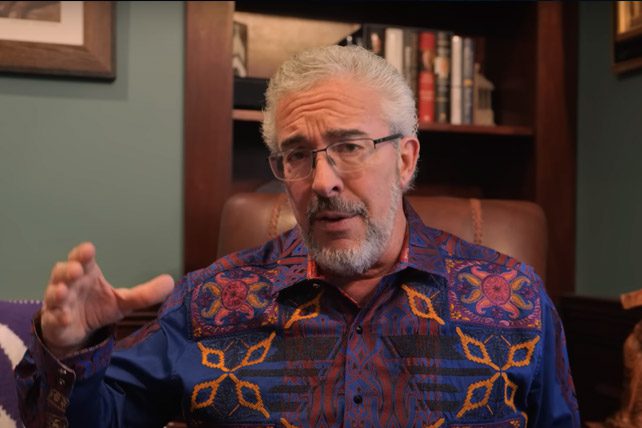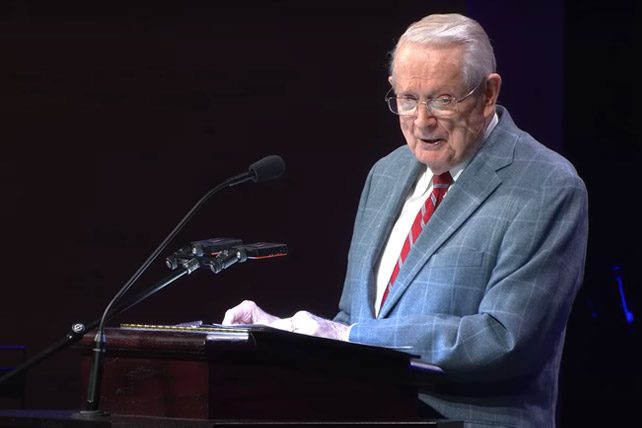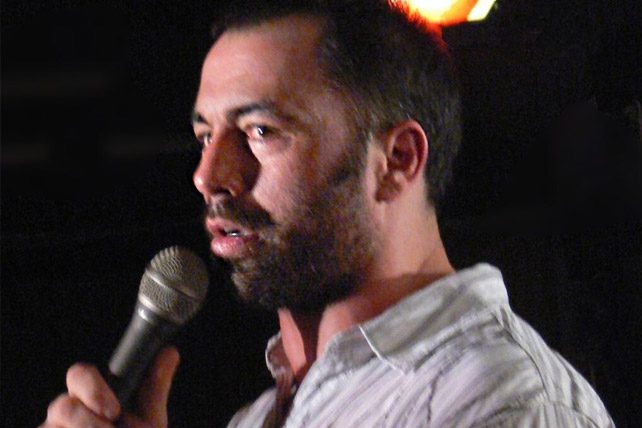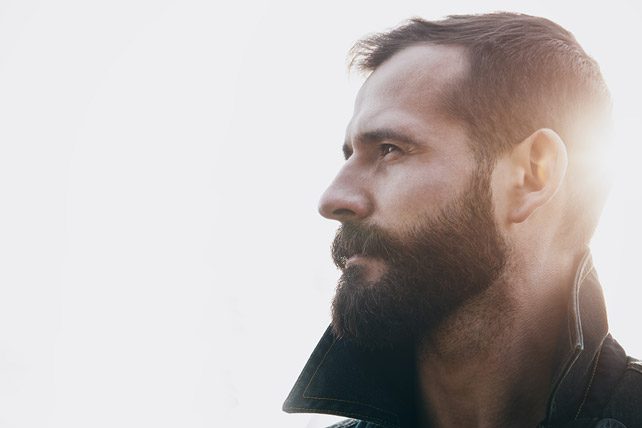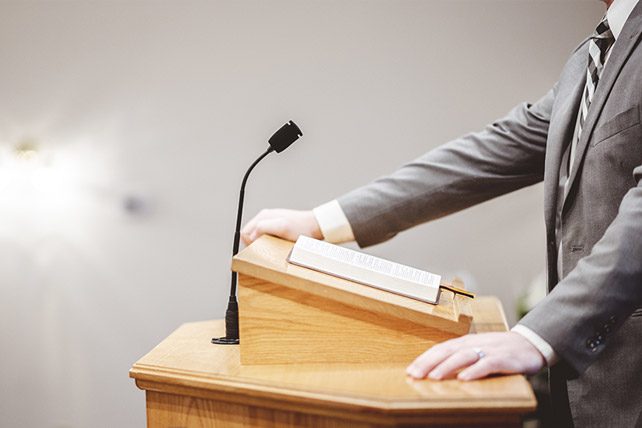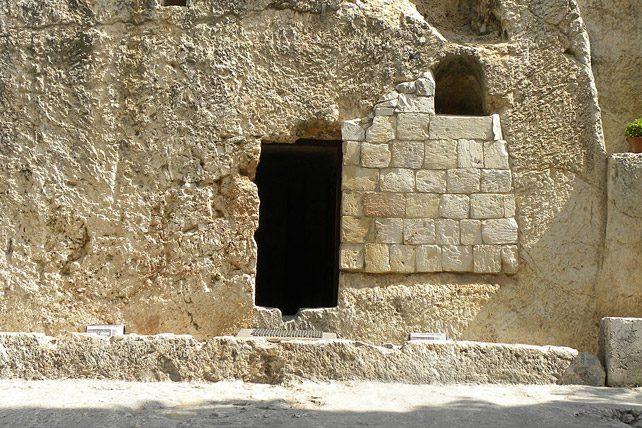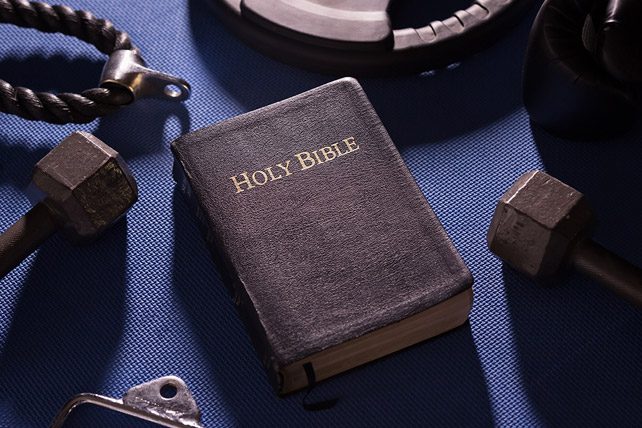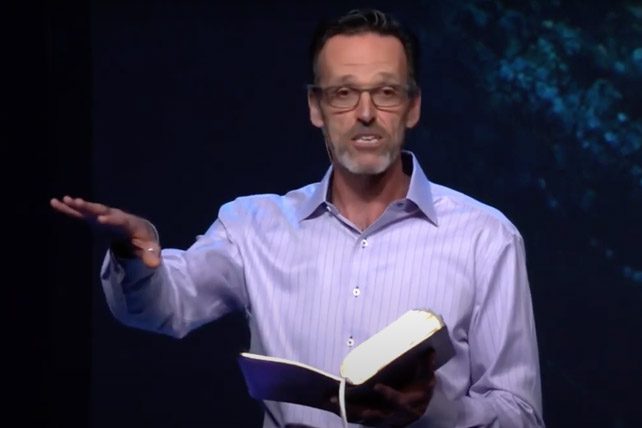The question of whether Christians can eat pork is one that arises from a desire to align dietary habits with religious beliefs. This topic involves an understanding of scriptural teachings from both the Old and New Testaments. Let’s explore what the Bible says about consuming pork and how these teachings relate to modern Christian practices.
Historical Dietary Laws and the New Covenant
Old Testament Restrictions on Pork
In the Old Testament, the Book of Leviticus lays out a dietary code for the Israelites, which includes a prohibition against eating pork. Leviticus 11:7 states, “And the pig, though it has a divided hoof, does not chew the cud; it is unclean for you” (NIV). This command was part of the Mosaic Law given to the Israelite people and played a role in establishing their identity as God’s chosen people.
Transition to the New Testament
The New Testament, however, reflects a shift in dietary regulations following the life, death, and resurrection of Jesus Christ. The apostle Peter received a vision recorded in Acts 10:15, where God declared, “Do not call anything impure that God has made clean” (NIV). This vision indicated a departure from the Old Testament dietary restrictions, suggesting that the Mosaic Law’s ceremonial aspects were fulfilled in Christ.
Pauline Teachings on Food and Freedom
Eating with Gratefulness
The apostle Paul tackled the question of eating foods that were previously deemed unclean in his letters to the early Christian churches. In 1 Timothy 4:4, he stated, “For every creature of God is good, and nothing to be refused, if it be received with thanksgiving” (KJV). This passage has been interpreted by many as a reaffirmation that Christians are not bound by the dietary laws of the Old Testament.
RELATED: 20 Bible Verses About Being Thankful for Blessings
Respecting Individual Beliefs
Paul also emphasized the importance of respecting others’ consciences regarding food. In Romans 14:3, he advised, “The one who eats everything must not treat with contempt the one who does not, and the one who does not eat everything must not judge the one who does, for God has accepted them” (NIV). This instructs Christians to be considerate of fellow believers who may abstain from certain foods for personal or religious reasons.
Cultural Context and Personal Conviction
Consideration of Health and Culture
While the New Testament indicates that Christians are allowed to eat pork, some may choose to abstain for health, cultural, or personal reasons. Modern considerations, such as dietary laws from other religious traditions or personal health preferences, may influence an individual’s choice to eat or avoid pork.
Freedom in Christ
The overarching theme in the New Testament is the freedom of believers from the Old Law’s ceremonial requirements, including dietary restrictions.




